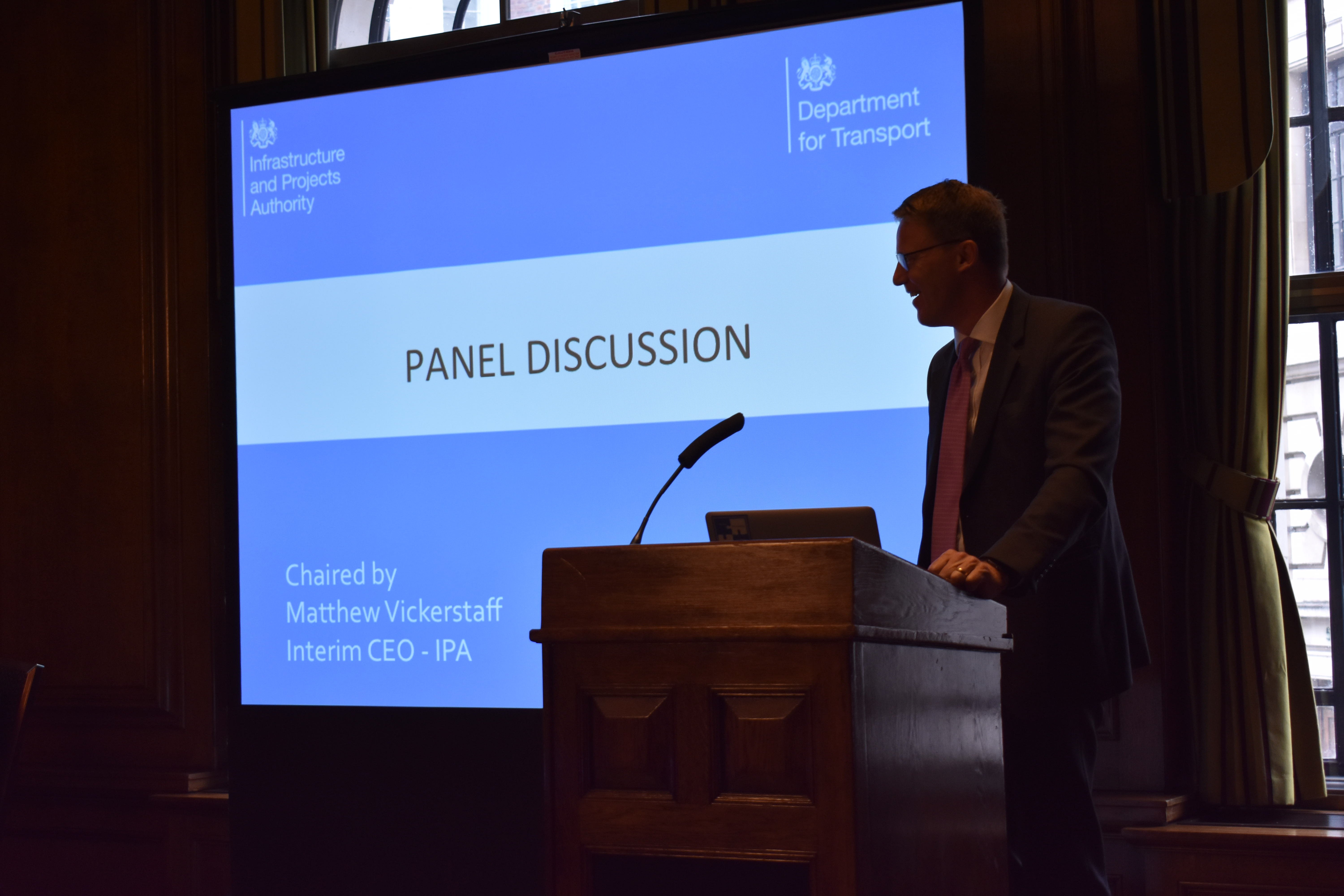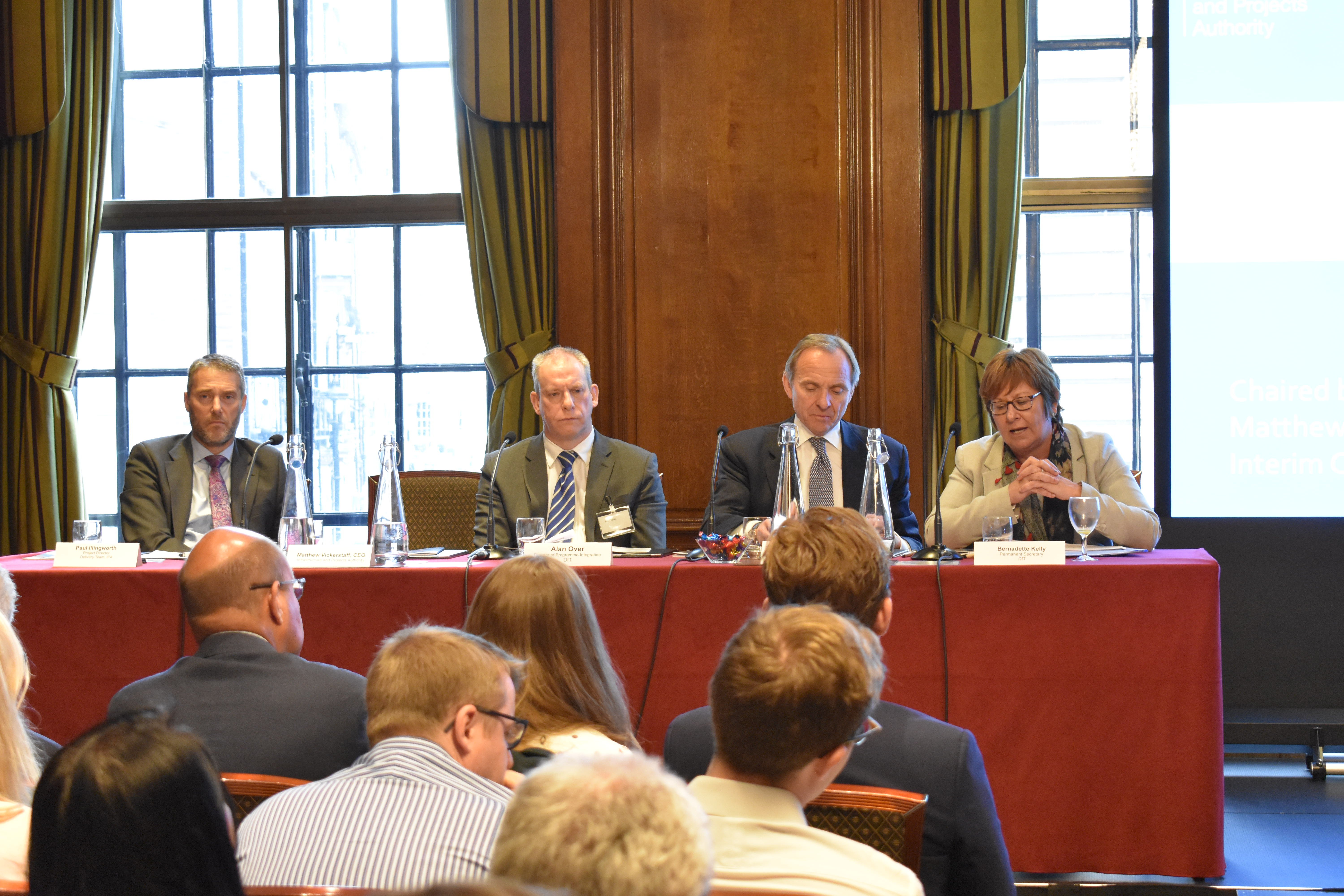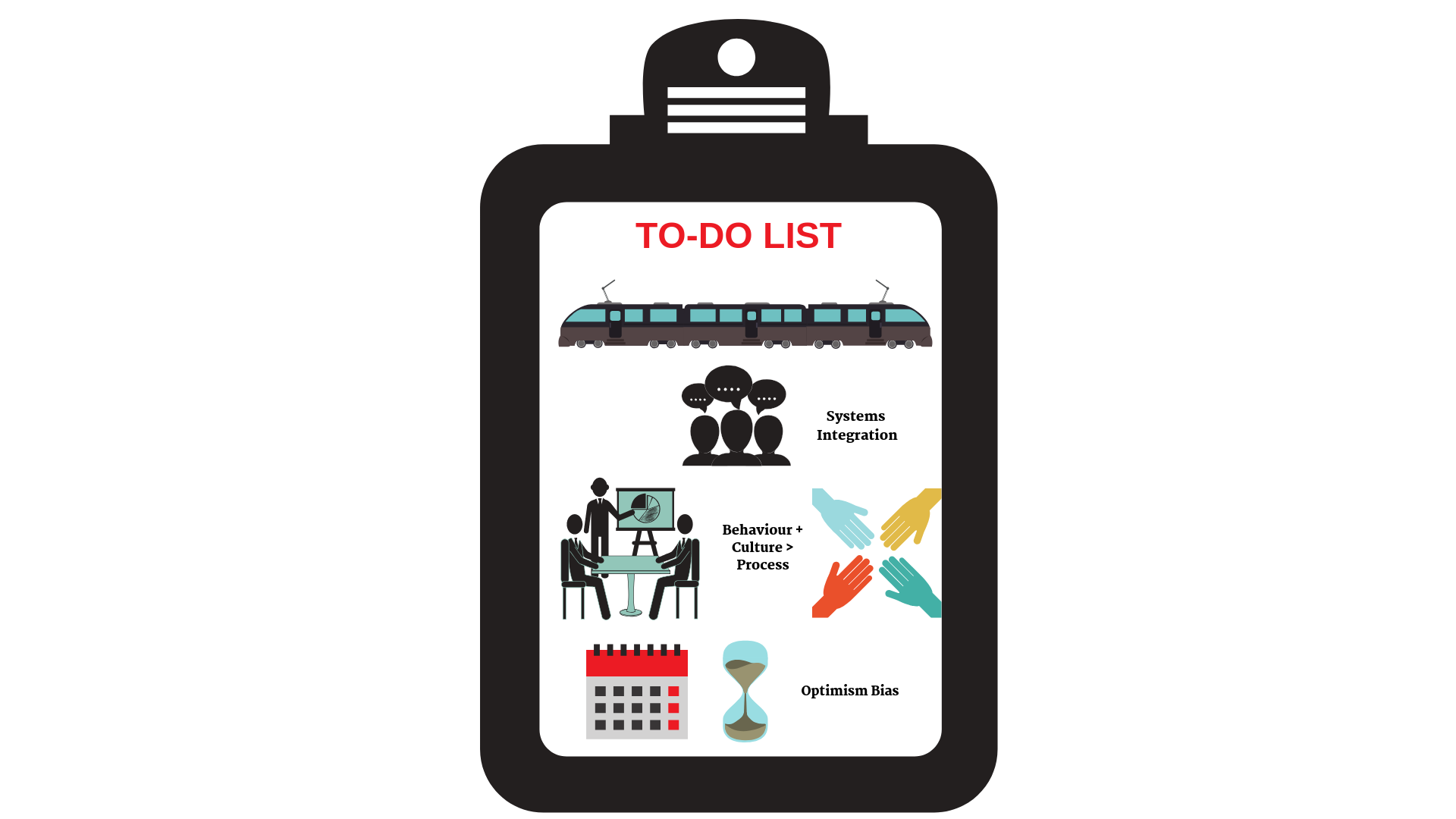
When it comes to delivering infrastructure, we are living through a critical time.
It’s hard to ignore the challenges we are currently facing on some of our biggest infrastructure projects. Delays to Crossrail and increasing cost pressures on HS2 to name but a few. There’s also no doubt that the construction industry is in a fairly febrile state at the moment, with the demise of Carillion casting a long shadow over the market’s ability to deliver.
Throughout my 25 years experience on the design, build and finance of major infrastructure projects, I’ve learnt that while doing the basics well is essential, it isn’t enough.
In order for us to improve future delivery, we need to make sure we are learning the right lessons from projects that have gone before and we are applying them to projects that come next.
As you would expect, the IPA has been working closely with the Department for Transport, doing exactly this. We have undertaken a lot of internal analysis on recent transport projects with the aim of seeing what we can learn to prevent the same problems occurring in future.

This work has been deliberately ‘system’ related and forward-looking.
What we found was that while the causes of failure in each case were different, there were some shared features that are important to learn from and apply.
It will not be possible to simply flick a switch and fix some of these issues, it will require a change in behaviour and culture from all parties, both public and private.
We’ve found what I believe are the critical three areas where in government, and the private sector, we need to up our game and adapt our approach:
1. Behaviours and culture are more important than process
You can have the best, most well designed governance structure in the world, but really it comes down to the behaviours and culture of the people in the system.
There are common traits that can lead to the wrong behaviours and decisions on major projects, such as having a blind commitment to succeed without a balanced perspective.
These issues are not easily countered, even with clear accountabilities and structural checks and balances.
They need to be searched for, recognised when they exhibit, and actively countered through calm and objective assessment of the evidence, and by instilling the right behaviours within and between organisations.
We can do this by:
- Ensuring the right level of transparency as a way of changing behaviour, especially when multiple stakeholders are involved.
- Using levers such as control gates and assurance reviews as an opportunity to step back and consider things objectively.
- Investing in contingency plans to help prepare for the most significant risks and enable better decision-making
It’s also important to invest in building relationships between projects leaders in the department, delivery organisation and suppliers, so they can agree jointly on the best route to recovery when challenges arise.
2. We need to get real with optimism bias
We need to pay closer attention to projects, even when things are going well.
It’s easy to forget to apply the same deep discipline, rigour and scrutiny as we would do if we were more anxious about how well a project was going. This does require the right balance of building the spirit of optimism in a team, and protecting against an embedded culture of delusion.
While it’s important we have enthusiasm and positivity in a project - otherwise it will never be delivered - it does need to be checked regularly.
We can do this by:
- Establishing clear accountabilities and holding Boards to account for delivering to cost and schedule.
- Providing the right amount of space to enable delivery, without losing oversight.
- Evolving sponsorship over the project lifecycle, as different stages require different skills and experiences. Just because a successful approach worked at one stage, it doesn’t mean it will in the next.
Most importantly, if there is evidence of delays or cost escalations, then the sponsors need to act decisively despite the presentational and reputational consequences. Rather than just hoping the situation can be recovered later.
We have to set projects up for success from the start.
We place too much reliance and expectation on immature time, cost and benefit parameters in the early stages of projects. So we need to up our game in nailing down a clear and realistic scope, and estimation of time, cost and benefits, throughout the life of projects.
3. We must pay greater attention to systems integration
We see that projects across all sectors, and especially infrastructure, need more emphasis on managing increasing technical complexity.
Complex systems integration failures present late in a project lifecycle, but we need to establish the conditions for success right at the start.
This issue has been present in the rail sector for some time now, and this is only going to increase and grow in other sectors. While a less critical element of roads infrastructure at the moment, this could change dramatically over the next 10 to 20 years with the growth of autonomous vehicles, traffic management systems, and more sophisticated in-car navigation.
While Defence and IT sectors have greater experience of this in complex equipment and weapons systems, our sector is still playing catch up.
Technology is becoming more and more critical to delivery, yet it isn’t getting the same level of attention and focus as traditional construction and civil engineering.
We can address this by:
- Allowing enough time for system testing and protecting this test phase diligently by preventing it from getting squeezed
- Having clear organisational accountability for systems integration
- Reducing risk by controlling complexity
And perhaps most importantly, we need to invest in the people with the skills to manage these technological risks and attract them to the industry, which has been associated with just diggers and concrete for too many years now.
Embedding these lessons into the system
There are many more lessons of course, but I think behaviours, optimism bias and systems integration are the three that resonate most at this critical time.
Now lessons identification is the easy part. Its applying them in practice which is more difficult.
That is what both the IPA and DfT will be focusing on going forward.
We have already built up a project delivery system that is globally renowned. But we now need to up our game and make it fit for the future.
If we are to deliver the next generation of infrastructure projects well, and sustain our £600 billion infrastructure investment for the longer term, then we need to get this right.
We must see these three challenges as opportunities, and speak openly and honestly so we can address them.
For more information about the IPA and how we are building a world class project delivery system, visit www.gov.uk/ipa or email ipa@ipa.gov.uk.
Recent Comments